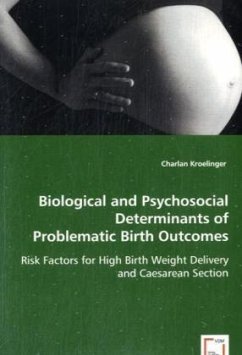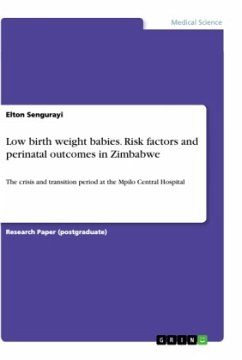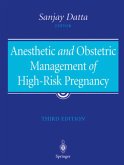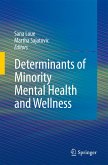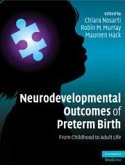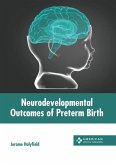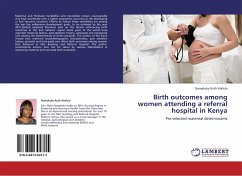In recent research, expansion of problematic birth outcomes to include high birth weight delivery has led to more intensive study of the risk factors impacting this outcome. High birth weight infants complicate delivery by inducing fever or respiratory distress resulting in medically indicated Caesarean sections and infant injury. Being delivered high birth weight is also predictive of many adolescent and adult onset diseases such as obesity, diabetes, leukemia, and other cancers. This book evaluates associations between biological mechanisms and psychosocial risk factors with high birth weight delivery and C-section birth. The prognostic value of screening for urine sugar spill throughout pregnancy is examined in conjunction with high birth weight delivery and C-section. Psychosocial factors explored in analysis include social support during pregnancy, marital status, autonomy, depression, physical work strain, pregnancy wantedness, and partner abuse. Recommendations are intended for public health practitioners, physicians, and other health-related professionals. These recommendations include primary and secondary prevention strategies and direct intervention during pregnancy.
Bitte wählen Sie Ihr Anliegen aus.
Rechnungen
Retourenschein anfordern
Bestellstatus
Storno

